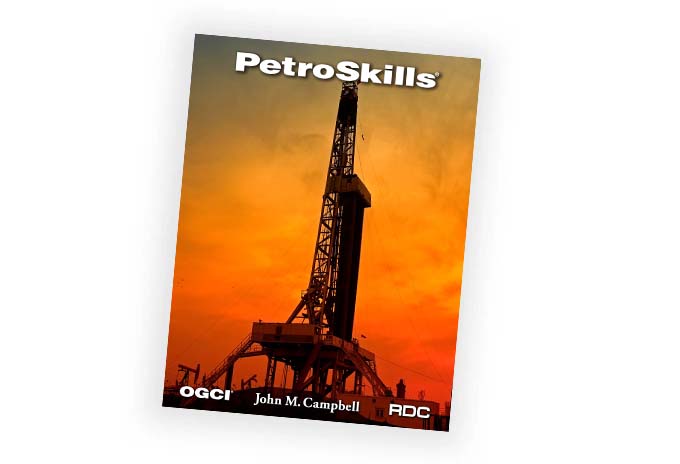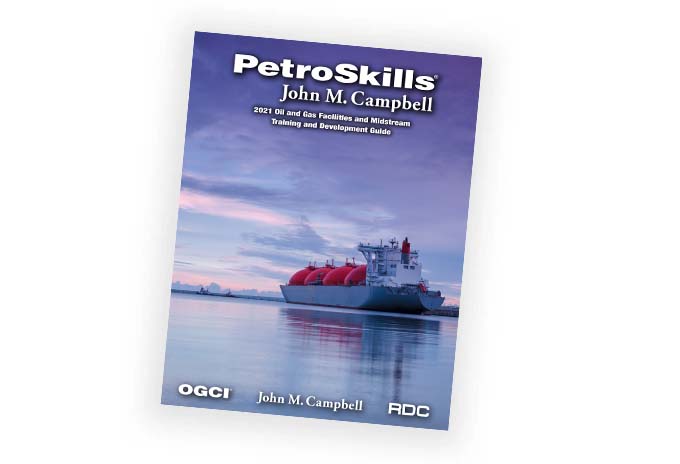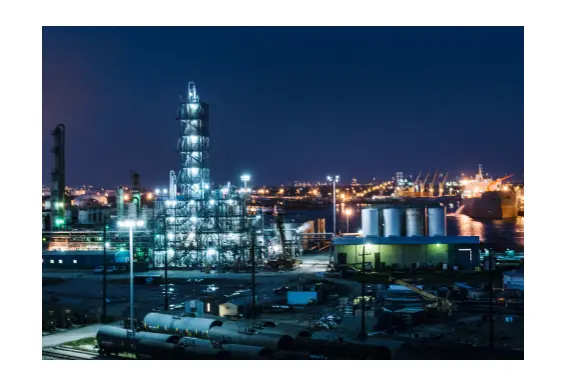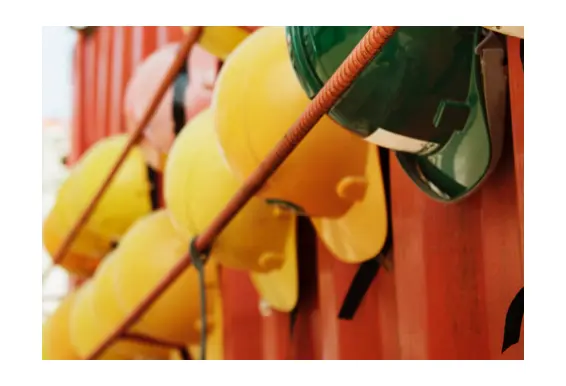CO2 Storage Concerns
e-Learning
About the eLearning Course
This eLearning course focuses on specific technical details unique to CO₂ storage and the specific areas of concern that should be evaluated to reduce the risk of a storage project. These include the protection of freshwater aquifers, containment, injection rate, and capacity, as well as external conflicts. CO₂ plume concepts and the critical pressure front are discussed. Injection rate and capacity are evaluated in the context of CO₂ sources and supply.
Target Audience
Designed for technical or non-technical audiences, including engineers, geoscientists, finance, accounting, and operations professionals who want a basic understanding of the project life cycle, the fundamentals of CO₂ capture and technology readiness, and transportation options.
You Will Learn
- Identify the phases in the storage workflow for CO₂ storage projects
- Explore the dynamics of CO₂ storage in freshwater and saline aquifers
- Understand the principles of containment in the context of CCS and its importance in being permanently secured as well as preventing the migration of CO₂ and other fluids into USDW
- Define seal integrity and recognize the characteristics of effective seals and the geological features that contribute to maintaining seal integrity
- Analyze the impact of geological faults and fractures on seal integrity
- Predict the rate and evaluate/quantify the effect of in-situ stresses and fractures on injectivity
- Describe the impact of completion type in a well affects its ability to flow, how formation damage occurs, and its impact on well productivity, including injectivity
- Create a set of design questions that the three elements of the value chain will address when initiating project feasibility.
- Understand how injection rates, well counts, and maintenance schedules impact CCS project planning and economics
- Explain how CO₂ capture facilities can impact the design decisions needed for transportation and storage capacities
- Understand the various conflicts that may arise during CO₂ storage planning in the surface and subsurface
- Explain what surface characteristic criteria are important to consider when evaluating potential storage sites
- Understand the concept of pressure space and its impact on adjacent injection projects and/or hydrocarbon production
- Define how regulations or legislation may impact the potential conflict of subsurface injection and hydrocarbon production
Course Content
- Fresh Water and Saline Aquifers
- CO₂ Containment
- Injection Rate and Capacity
- CO₂ Storage Conflicts




